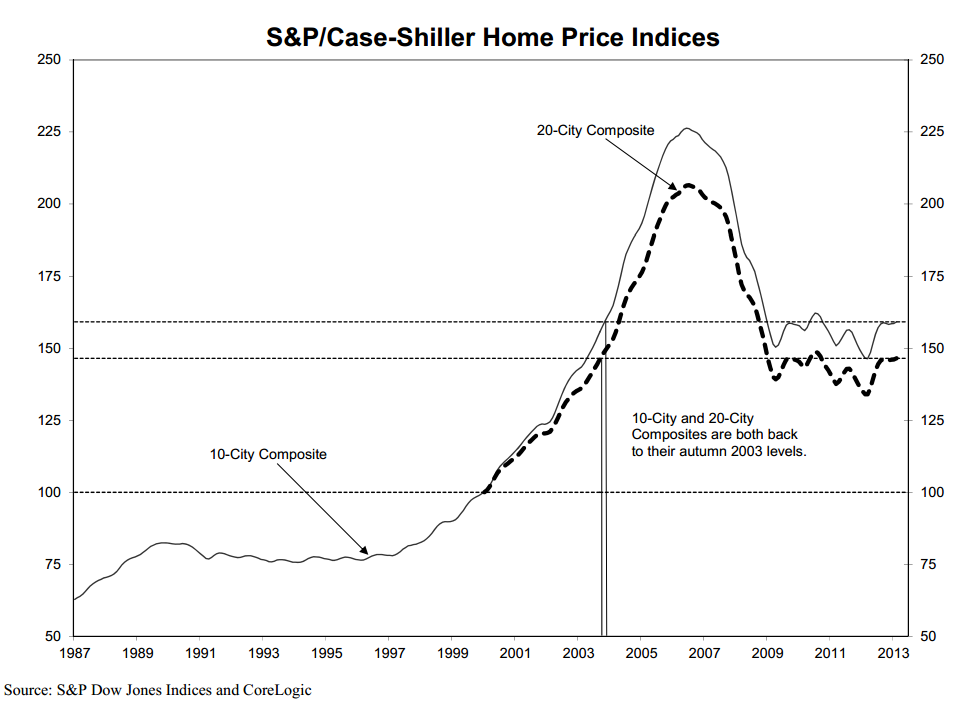 Last week I shared how it’s pretty much mandatory that if you are a home buyer making an offer on a home located in the greater Seattle area, you better be equipped with a strong preapproval letter from a reputable lender.
Last week I shared how it’s pretty much mandatory that if you are a home buyer making an offer on a home located in the greater Seattle area, you better be equipped with a strong preapproval letter from a reputable lender.
Some home buyers are taking this a step further and requesting a Loan Commitment Letter from their lender. What’s the difference?
There are actually three levels of qualifications that a potential home buyer may have after contacting a lender. Please keep in mind that not all lenders may have the same standards or definitions as what I’m posting here.










Recent Comments